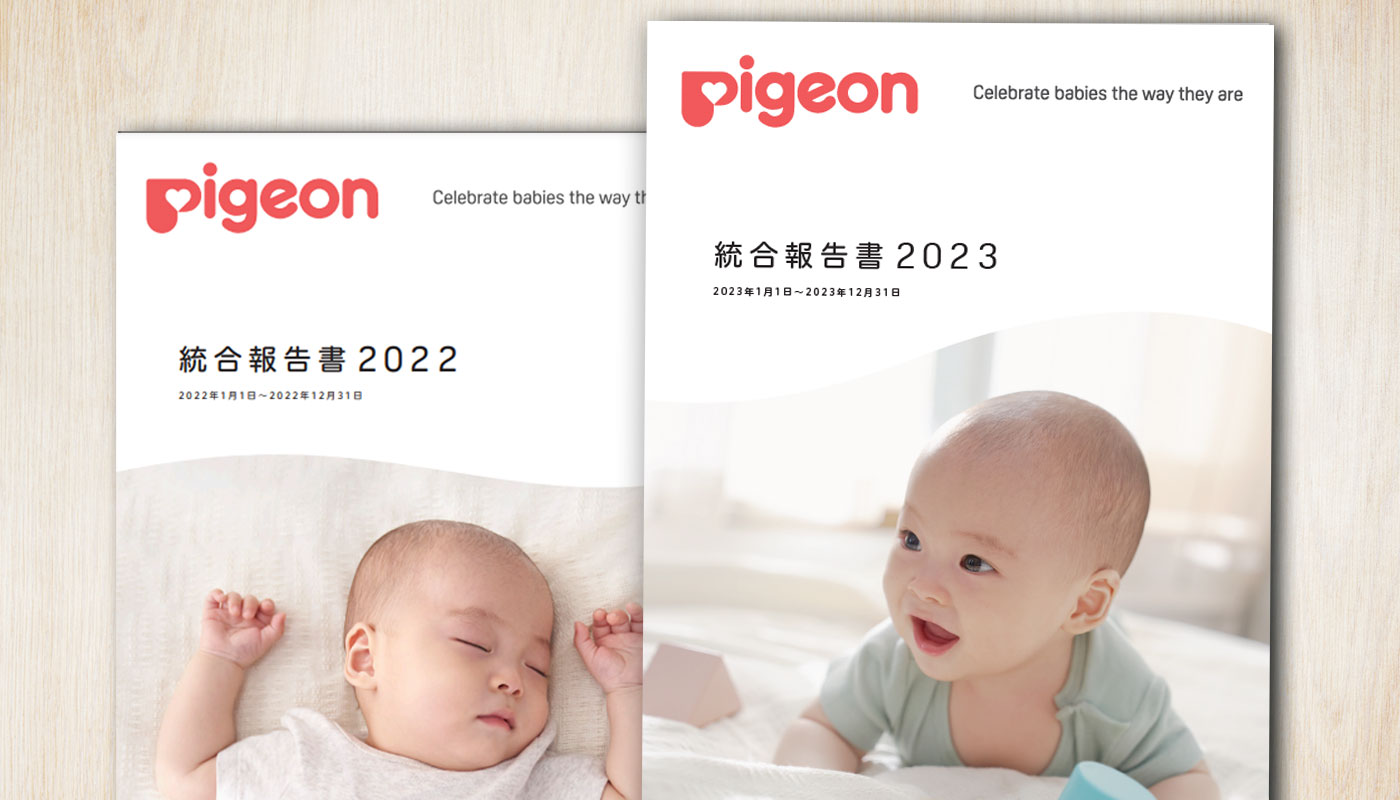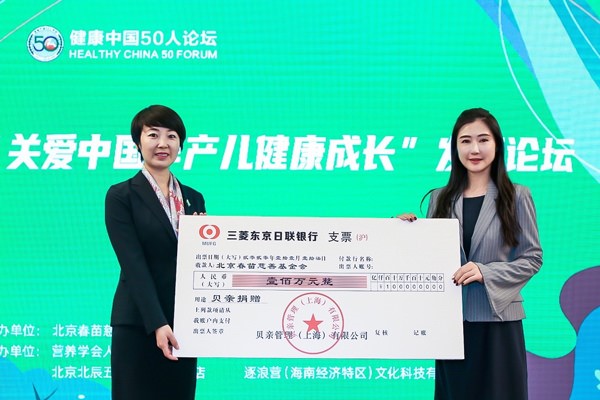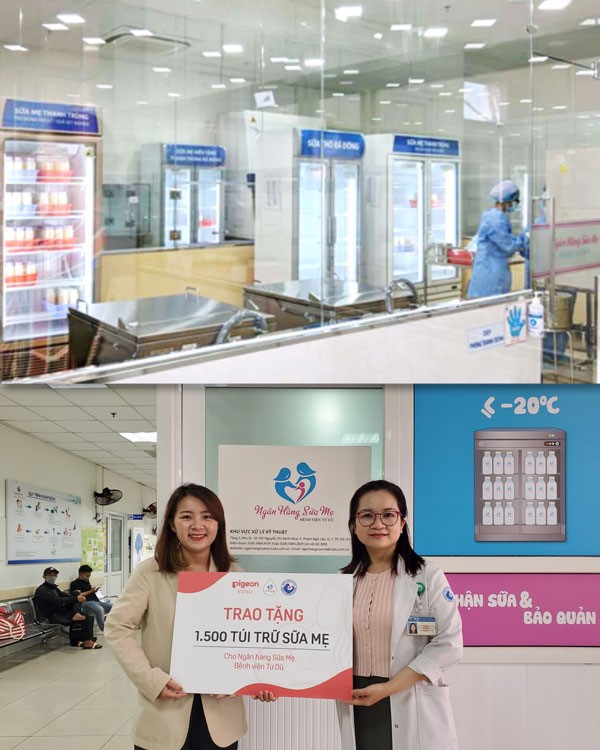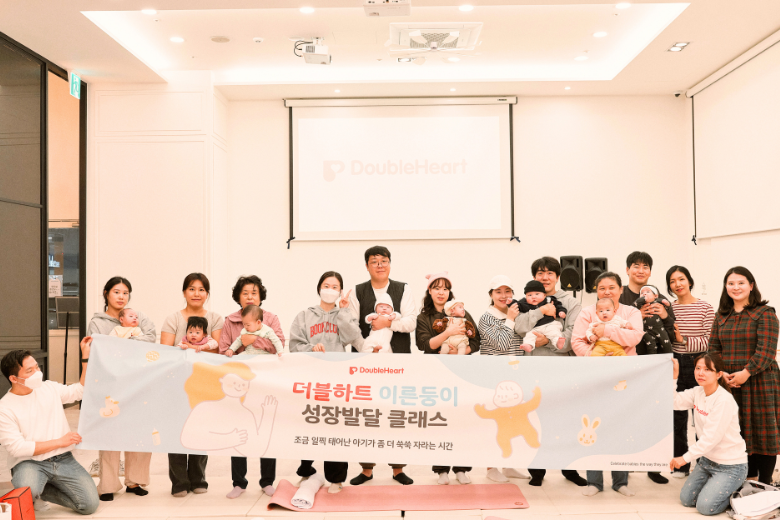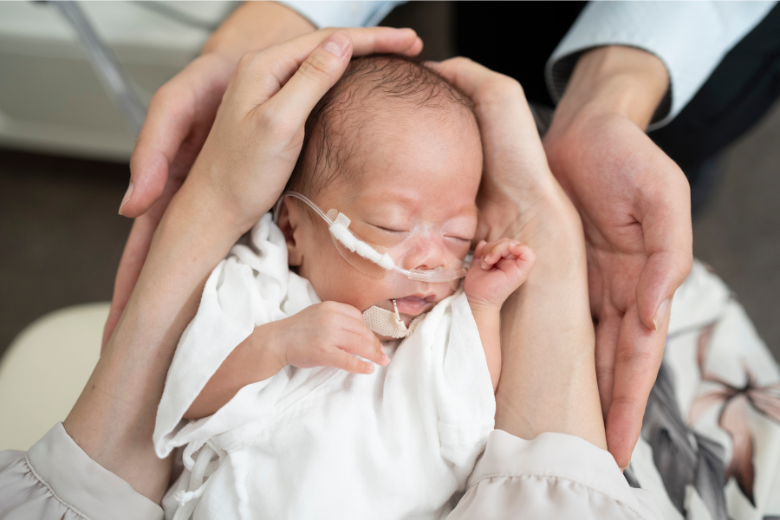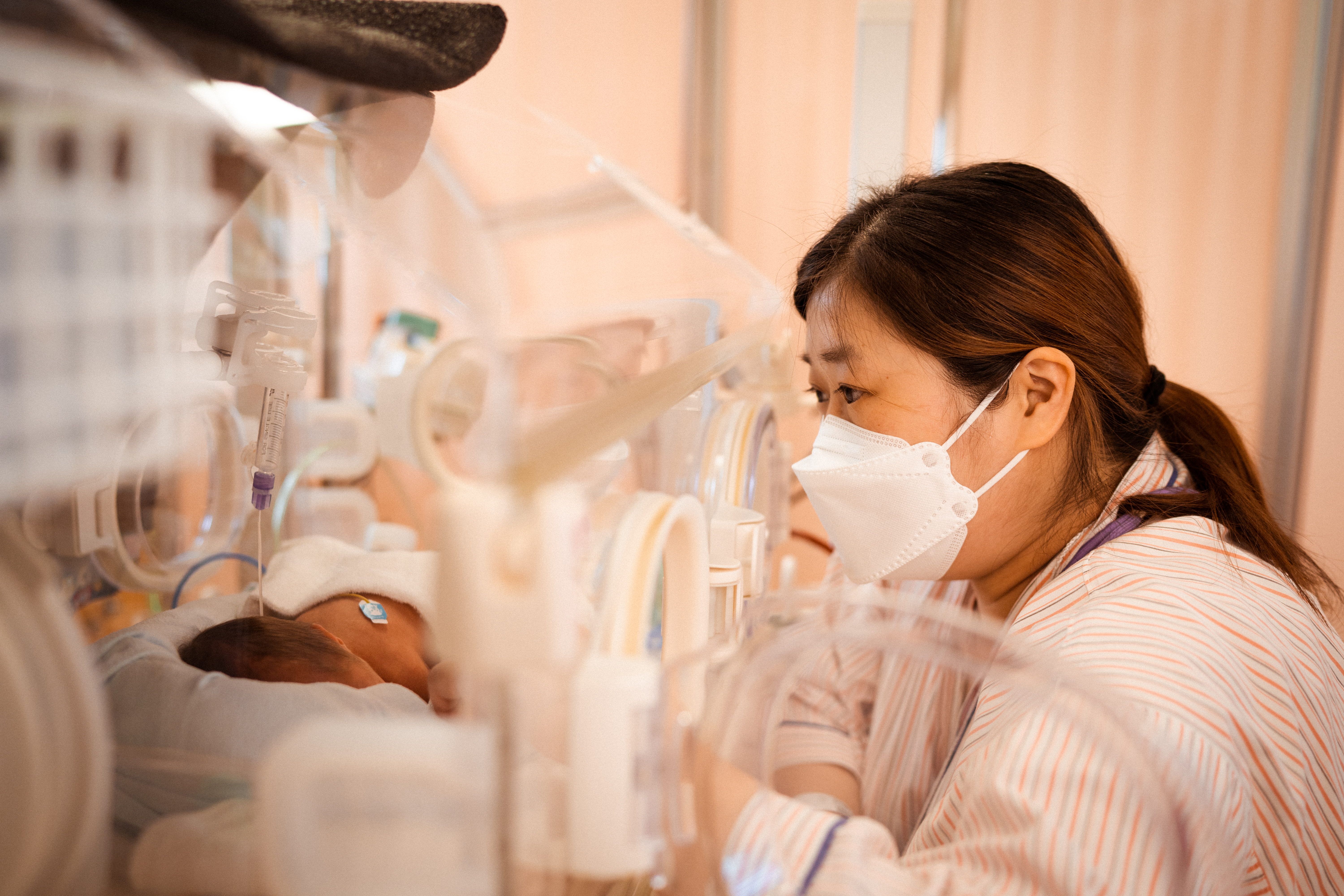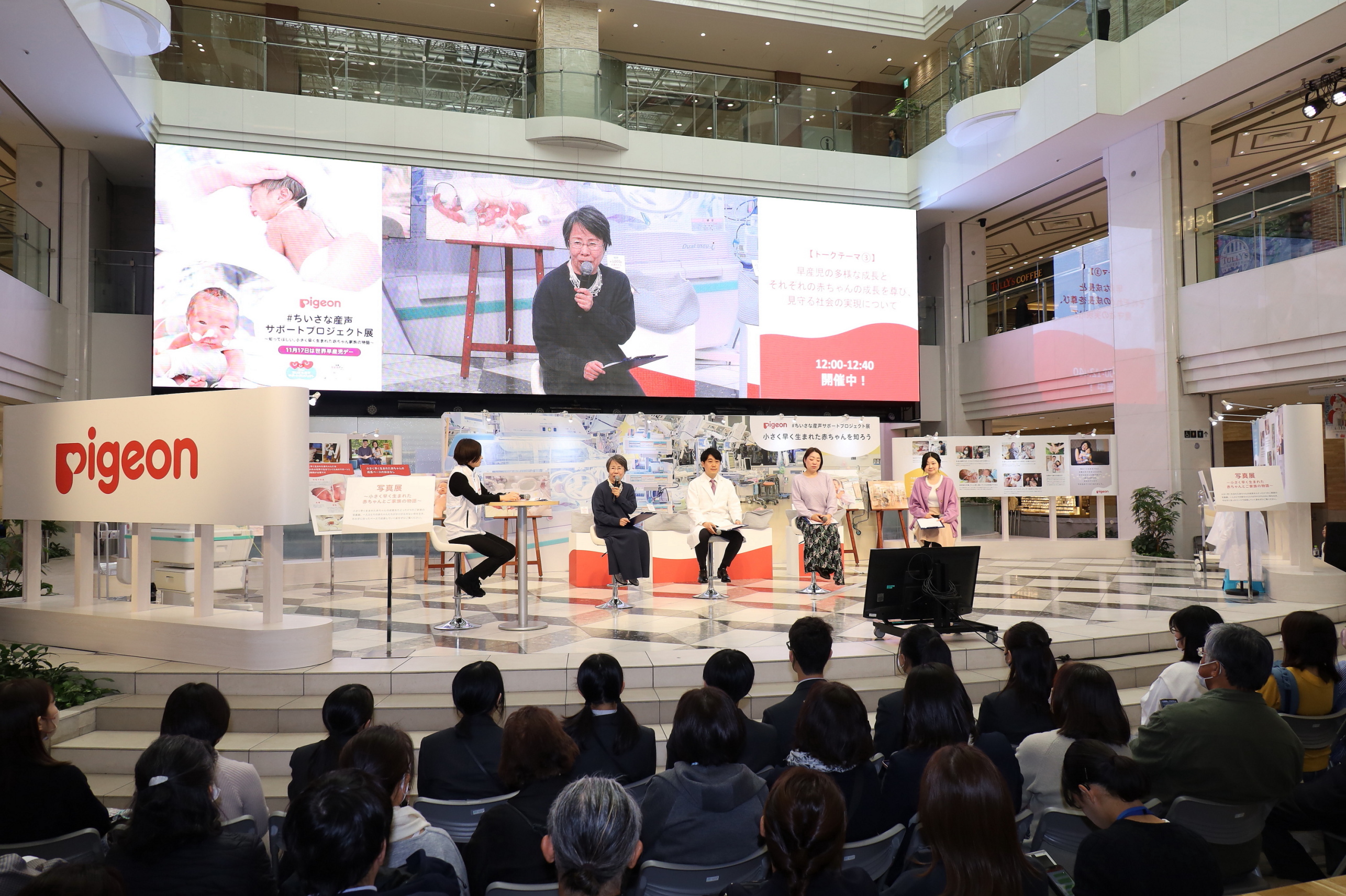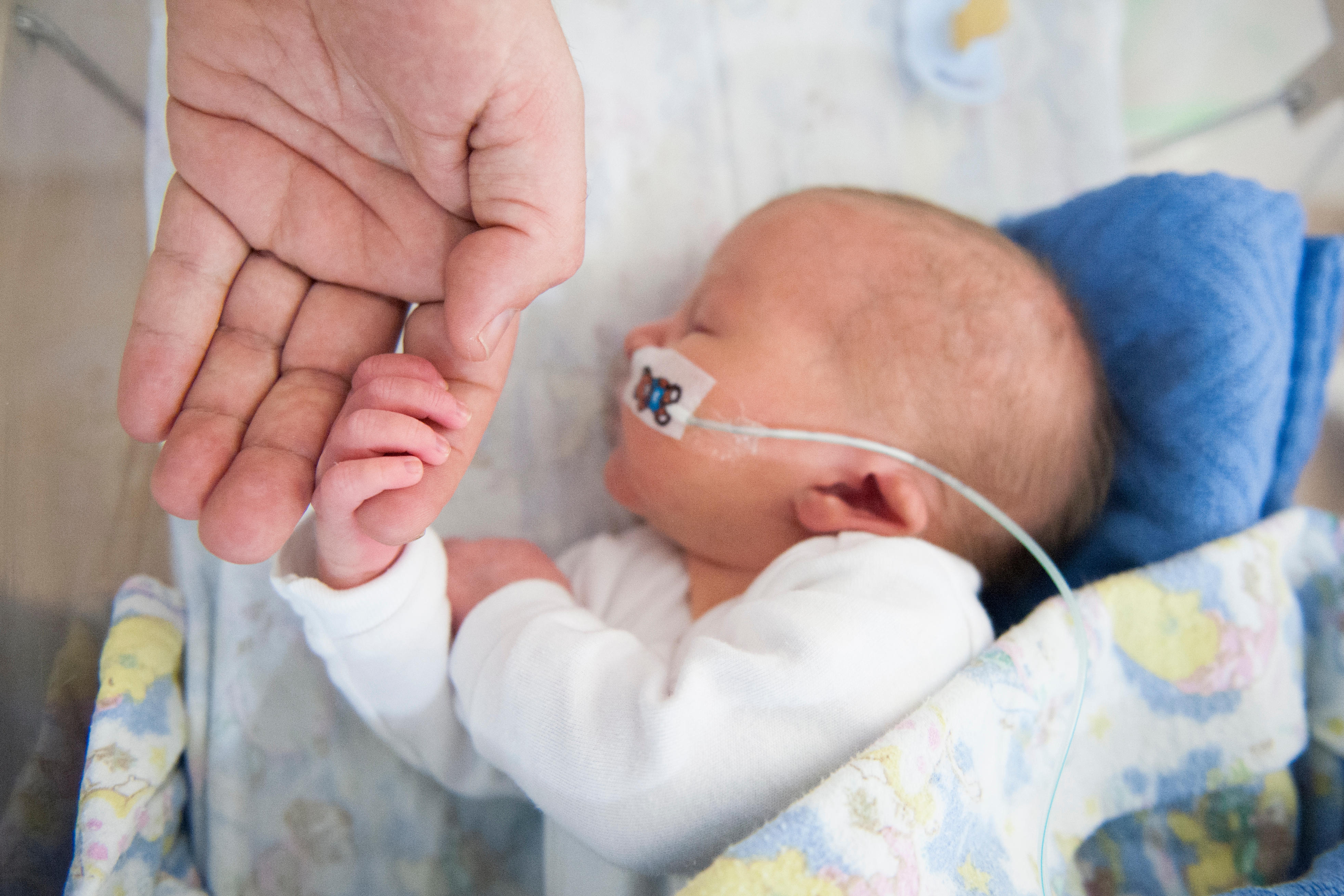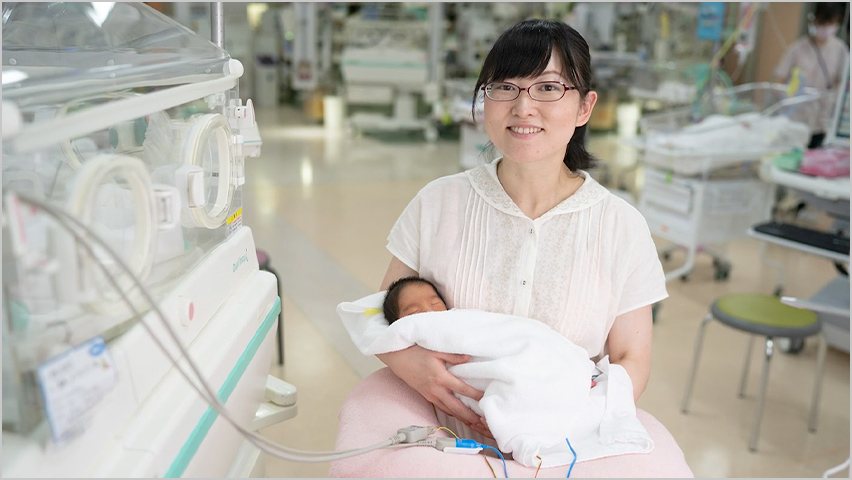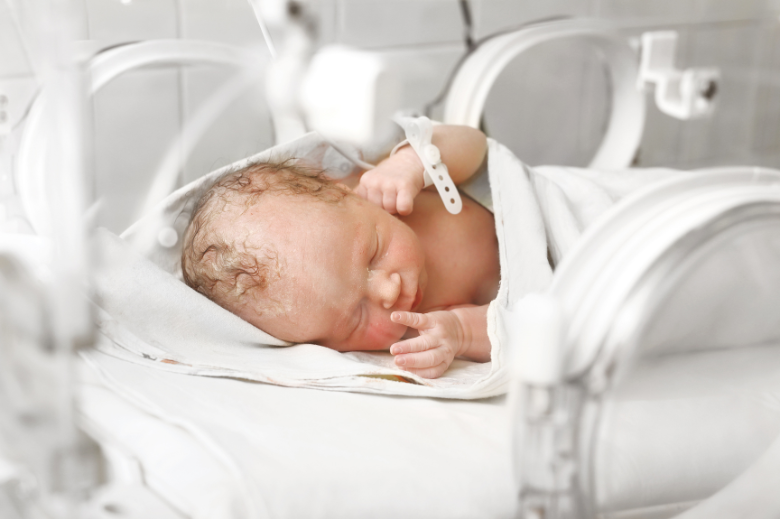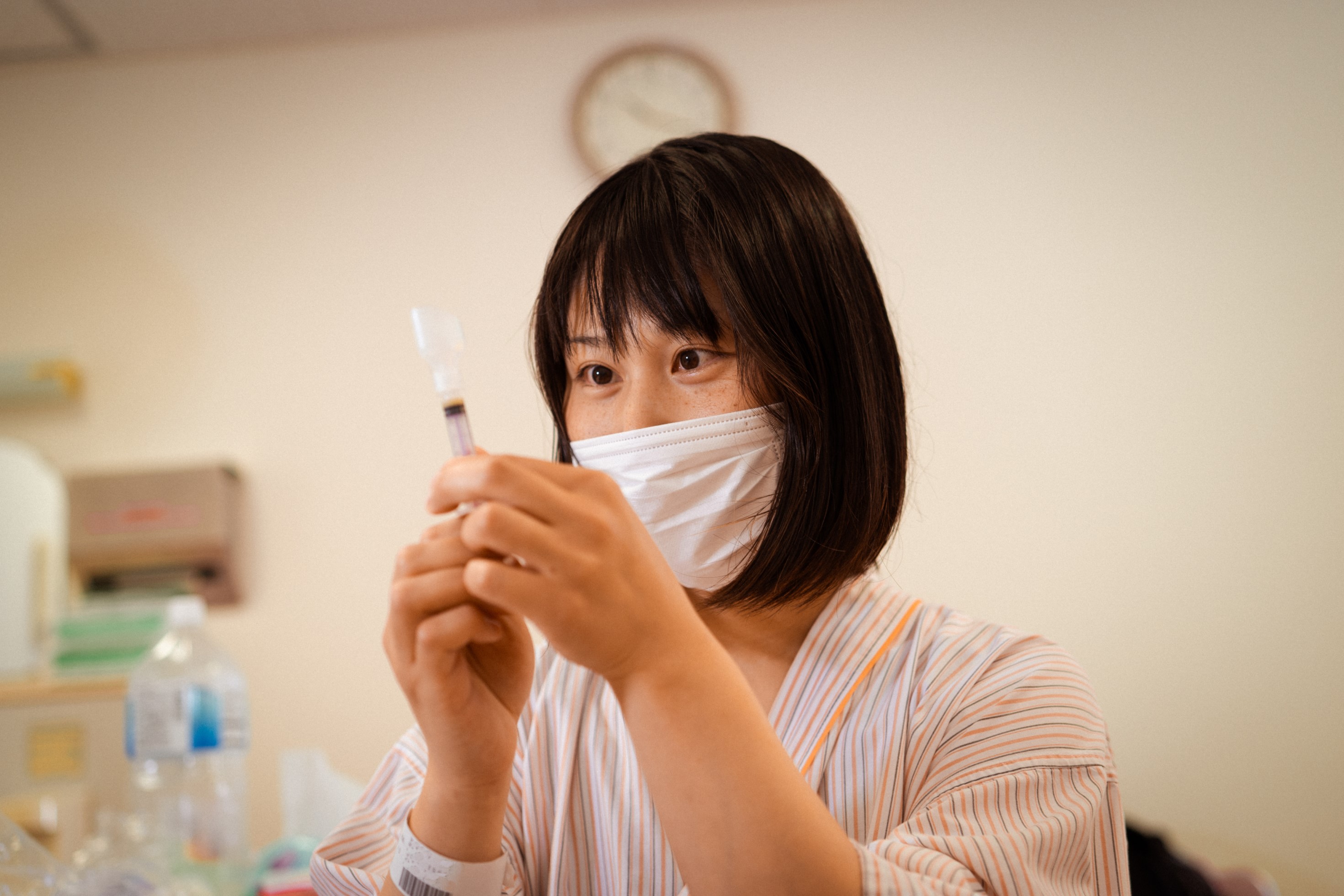Supporting Human Milk Banks Vol.2
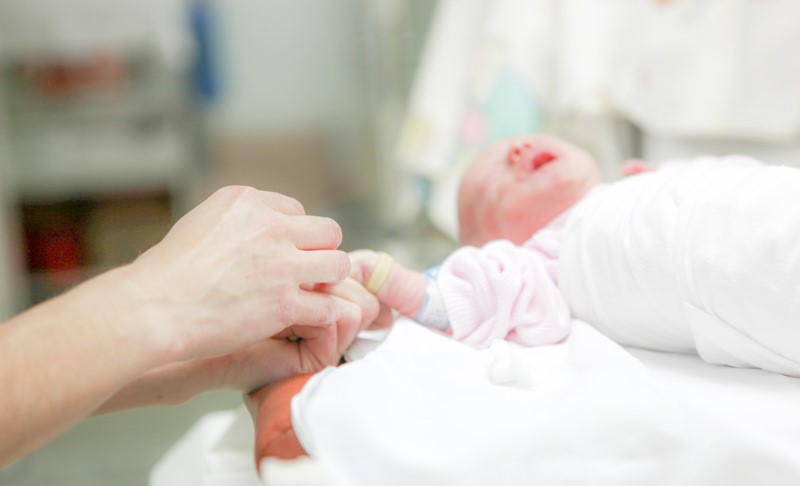

All babies are helped to develop and grow, regardless of the conditions of their birth
Supporting Human Milk Banks Vol.2
China, Vietnam, India
Every year, one in seven babies born around the world weigh less than 2,500 grams at birth—some 20 million low birthweight infants in all.*1 Of those 20 million, those born weighing less than 1,500 grams are at greater risk of a range of infectious diseases and illnesses. For these “very low birthweight infants,” breast milk is considered as important as medicine. Drinking breast milk has been found to reduce the risk of necrotizing enterocolitis (NEC), a life-threatening illness, to one-third the risk faced by infants fed only artificial formula.*2
*1 Japan Committee for UNICEF homepage
*2 QUIGLEY MA. HENDERSON G. ANTHONY MY. ET AL. FORMULA MILK VERSUS DONOR BREAST MILK FOR FEEDING PRETERM OR LOW BIRTH WEIGHT INFANTS. COCHRANE DATABASE SYST REV. 2007; (4):CD002971.
However, not all mothers produce enough breast milk immediately after delivery to provide as much as is needed. One recommended solution in these cases is to feed infants breast milk that has been donated by other mothers and pasteurized for use.*3 The institutions that process and manage this “donor milk” are called human milk banks.
*3 “Policy statement on enteral nutrition for preterm and very low birthweight babies,” published by the Child Health Consortium of Japan’s Committee on Nutrition (Journal of the Japan Pediatric Society, Vol. 123, No. 7).
Initiatives in China
The first human milk bank in China opened at the Guangzhou Women and Children’s Medical Center in 2013. Since then, human milk banks have opened in cities including Shanghai, Chongqing, and Beijing. However, due to a lack of donor milk as a result of low awareness, insufficient funds for operation, and other factors, China’s human milk banks were able to supply milk to only one in ten of the babies who needed it.* Recognizing this situation, valuing each and every priceless human life, and determined to realize Pigeon’s Purpose, “We want to make the world more baby-friendly by furthering our commitment to understanding and addressing babies' unique needs,” we began supporting human milk banking in China.
Activities with the Beijing Chunmiao Charity Foundation
In November 2020, PSH became the first main partner in the Beijing Chunmiao Charity Foundation’s special human milk bank fund, and between then and July 2023, the company donated a total of 1 million RMB (roughly 19 million JPY), contributing to the opening of a total of human milk banks in six hospitals, including Fujian Children's Hospital, Beijing Huaxin Hospital (the First Hospital of Tsinghua University) and Kunming Children’s Hospital in Yunnan province. Since PSH’s support began, these human milk banks have provided a total of 1.7 million ml to more than 1,100 babies born small.
Activities with the Shanghai Children’s Foundation
Through the Shanghai Children’s Foundation, PSH plans to donate a total of 1.8 million RMB (roughly 35 million JPY) to the Children’s Hospital at Fudan University in Shanghai during the three years from 2022 to 2024. The donated funds will be put toward establishing the largest milk bank in China, currently under construction on the hospital grounds, and creating family rooms so that families can stay closer to their babies in the hospital’s NICU.
In addition, between November 2020 and July 2023, PSH donated around 500,000 RMB (roughly 10 million JPY) worth of breast pumps, breast milk freezer bags, and other products; carried out surveys related to human milk banks; and worked in other ways to support human milk bank operations and raise awareness of human milk banks throughout society.
We will continue to support the healthy development of each and every baby requiring specialist care, along with the happiness and security of their families.
Initiatives in Vietnam
Supporting the Tu Du Maternity Hospital Human Milk Bank
As of 2022, Vietnam has four human milk banks.
The mortality rate among newborns in Vietnam has always been high. Newborns make up 70 to 80% of babies who die before their first birthday
This is the context in which, this August, Pigeon Singapore formally began supporting the human milk bank at Tu Du Maternity Hospital in Ho Chi Minh City, the second human milk bank to open in the country.
Around 70,000 babies are born at this hospital annually—roughly 5% of all births in Vietnam. 25% of those babies, or 17,500, are categorized as high-risk and in need of special support. This includes premature or preterm babies, babies suffering from illnesses, and babies orphaned after birth at the hospital.
Pigeon Singapore’s initial donation included 1,500 breast milk freezer bags, 12 breast pumps, and 50,000 breast pads.
In the future, Pigeon Singapore is planning to expand its support to the milk bank at Hung Vuong Hospital, the largest in the country, and the human milk bank in Danang, as well as establishing lactation lounges and holding charity events.
Initiatives in India
Supporting the Amaara Human Milk Bank
Some 25 million babies are born every year in India, and more than 3.5 million of those babies are said to have low birthweights. This is the highest number of low birthweight babies in the world—triple that of China, which ranks second in this category. The number of high-risk babies in India unable to receive breast milk from their mothers makes the need for human milk banking particularly urgent. However, while there are 30 human milk banks in the country, facilities are far from sufficient due to a lack of funding, and the vast demand in the country is not being fully met.
In 2022, recognizing these issues, Pigeon India became a supporter of the Amaara Human Milk Bank in Delhi. The Amaara Human Milk Bank collects donated breast milk from areas including Delhi, Gurgaon, Noida, Ghaziabad, and Meerut and delivers it to around 70 hospitals in the region.
Pigeon India’s initial donation to the Amaara Human Milk Bank was two electric breast pumps and ten manual breast pumps. This donation will soon be followed by monthly donations of enough cash to cover the cost of employing two nurses (monthly salary: 35,000 Rupees), plus 100 nursing bottles and 50 storage bottles.
By supporting human milk banks that face great operational challenges like this, Pigeon India hopes to increase the number of human milk banks that can operate stably in the country and the number of new human milk banks in India overall.
2023.11
Related Links
- Home
- Vision of a Baby-Friendly Future
- Supporting Human Milk Banks Vol.2



